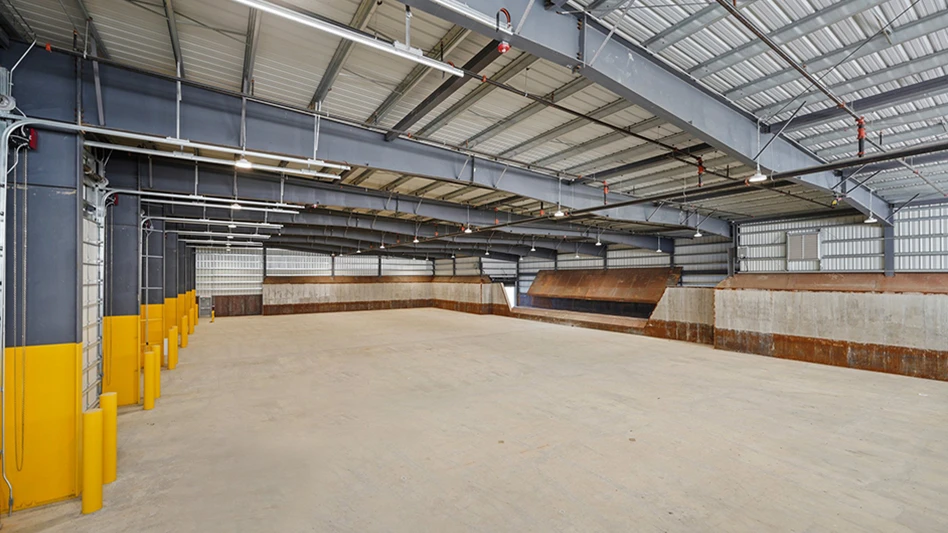
Brynn Mosello
Sustainability and communications director for Mazza Recycling

Since stepping into her first role in the waste and recycling industry four-and-a-half years ago, Brynn Mosello has worn many hats at Tinton Falls, New Jersey-based Mazza Recycling.
With a bachelor’s degree in communications from Rutgers University in New Jersey and previous experience in environmental education, she was well-suited to take on the ever-evolving role of sustainability and communications director at the young recycling firm.
Mazza Recycling, which was originally a construction and demolition company, entered the recycling space in 2017. Two years later, Mosello joined the team to help oversee its rebranding as she and the firm found their footing in the waste sector.
In the following interview with Waste Today, Mosello shares the lessons she’s learned along the way and the challenges that come with community outreach and education.
"There are a lot of misconceptions about recycling. There’s a lot of media that’s out there that’s telling people these really low statistics [for] plastic recycling, telling people that plastics are bad and that they’re the enemy.”
Waste Today (WT): With you being new to the industry and with Mazza's recycling business being relatively young, do you view community outreach from a different perspective than the rest of the industry?
Brynn Mosello (BM): Absolutely. So, one thing that I got really involved in, which is how I eventually adopted this sustainability title, is advocacy and partnerships with processing facilities and product manufacturers. We’re one piece of this giant circular equation, and [we’ve got] a huge role there. … Going into a whole new sector where you’re recycling paper and plastic products for consumers, you’re educating product manufacturers and huge brands on how that works and what they should put in their packaging.
So, my day-to-day responsibilities really changed to informing and assisting our customers. I think that’s when we began being a lot more transparent and [became] a leader in the industry because what became important was making sure people in our community were recycling properly so we get the cleanest streams possible to put back into new products.
WT: What are some challenges that you face in your role?
BM: We’re dealing with mixed messages, [which] could be anything [from] what we accept versus what another state’s recycling program accepts, to even just the town over from us having a different website or platform where they are promoting what they’re accepting.
We are trying to accept more materials and change that messaging over to something that’s more consistent across the board, which is very hard to do.
There are a lot of misconceptions about recycling. There’s a lot of media … telling people these really low statistics [for] plastic recycling, telling people that plastics are bad and that they’re the enemy. And some of those misconceptions were really negative and based on these old, kind of historic, outdated recycling practices. So now, [we’re] trying to … change multiple decades’ worth of misinformation. ... So, that was a big challenge that I had to mitigate and try to resolve because I wanted to spread a positive message and make sure people understood that times were changing and things were getting better.

Explore the May June 2023 Issue
Check out more from this issue and find your next story to read.
Latest from Waste Today
- ReMA board to consider changes to residential dual-, single-stream MRF specifications
- Miller Environmental Group Inc. appoints CEO
- DPI acquires Concept Plastics Co.
- Laurel Mountain Capital announces investment in 5280 Waste Solutions
- Cielo investor requests annual meeting
- WIH Resource Group celebrates 20th anniversary
- NWRA: NIOSH cuts a step in the wrong direction
- Valicor Environmental services acquires Affordable Waste Management






